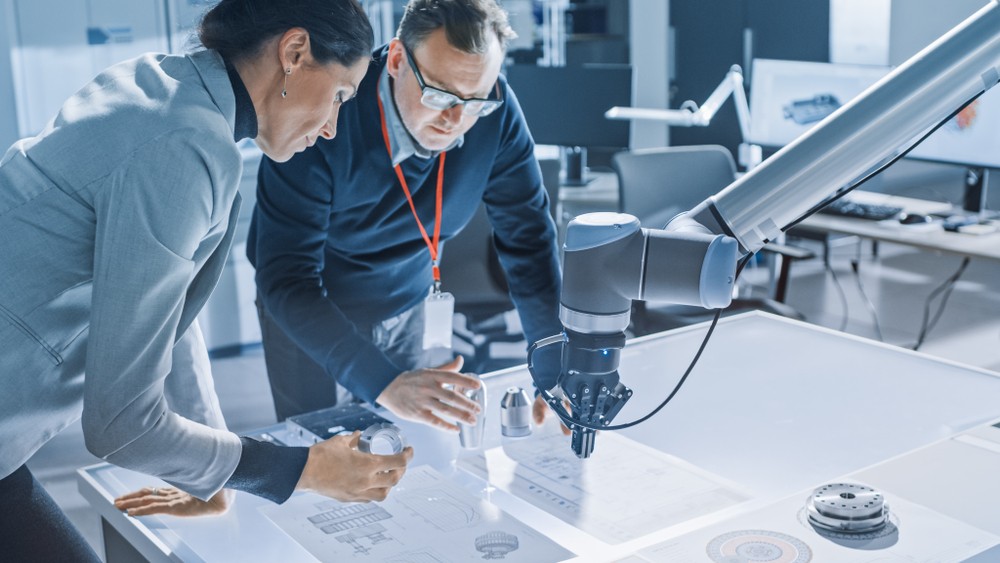In today’s manufacturing landscape, efficiency has become the defining edge between growth and survival. Rising material costs, supply-chain uncertainty, and the demand for sustainability have forced many manufacturers to rethink how they operate. Across Houston’s industrial corridors, one midsized manufacturer recently discovered that artificial intelligence could do more than crunch data — it could transform production itself.
Before adopting AI, the company faced high material waste and frequent production slowdowns caused by variations in temperature, humidity, and operator timing. Quality consistency was an ongoing battle. But when they integrated an AI-driven optimization platform across their production lines, the results came quickly and decisively.
The system’s sensors began collecting real-time data — machine pressure, temperature, vibration, and cycle time — from every step of production. That data flowed into an adaptive learning model capable of predicting when a process was drifting out of specification. Instead of reacting after defects appeared, the AI recommended small, precise adjustments before issues occurred. Operators received live notifications to fine-tune settings, while supervisors used dashboards to track trends and coach their teams in real time.
Within months, the plant saw tangible, measurable results:
Material waste reduced by more than 70%
Overall equipment efficiency improved by 20%
Energy costs dropped due to smarter machine timing and idle control
What’s more, employees reported higher confidence in their daily decisions. Rather than feeling replaced by technology, they became more empowered — armed with insight instead of guesswork. Maintenance teams began using AI alerts to plan downtime before breakdowns, while production planners used predictive data to set accurate delivery timelines.
This shift highlights an important truth about AI in manufacturing: it’s not about automation replacing people. It’s about augmentation — giving skilled workers new tools to make smarter decisions, faster. The most successful plants are not the ones with the newest machines, but those that combine human experience with digital intelligence.
As Houston continues to position itself as a hub for advanced manufacturing, these kinds of implementations are becoming the new norm. From precision machining to plastics to food processing, companies that embrace AI early are seeing clear advantages in efficiency, cost reduction, and sustainability.
The Future Is Already Here
AI no longer belongs in labs or tech startups. It’s already running quietly on factory floors — reducing waste, improving margins, and helping manufacturers stay globally competitive. The key is starting small: one line, one process, one measurable improvement.
If you’re a Houston-area manufacturer wondering where to begin, start by identifying your biggest inefficiency and asking a simple question: what would happen if AI could help us see it before it happens? The technology is ready. The question is — are you?




